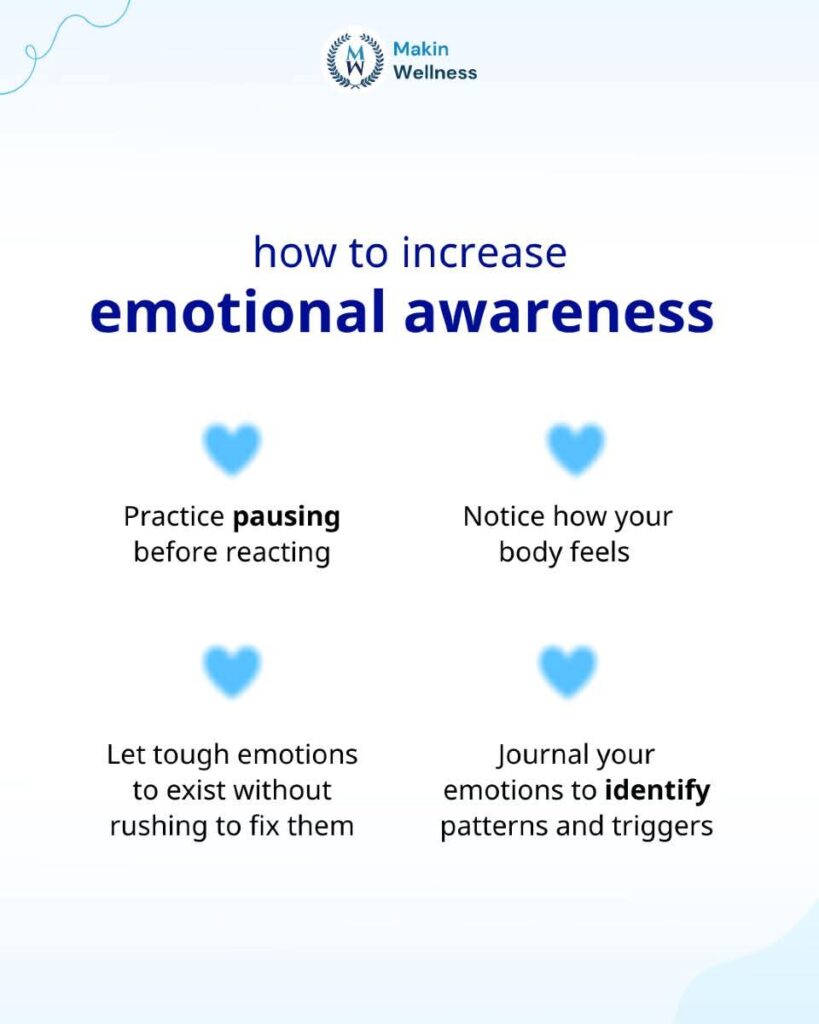Who is Freud anyway?
Ah, Freud. The father of psychoanalysis, mentor to Carl Jung, and the namesake of the Freudian slip. His ideas have been discussed, debated, and displayed from lecture halls to Hollywood movies. It is likely that, in one way or another, you are familiar with some aspect of Freud or his theories. In this article, we will focus on Freud’s concept of the Freudian slip: what it is, how it happens, and whether it is helpful.
Sigmund Freud (1856–1939) was an Austrian neurologist and the founder of psychoanalysis, a revolutionary theory of the mind and method of treating mental illness. Freud believed that much of human behavior is driven by unconscious desires and unresolved childhood experiences. He introduced influential concepts such as the id, ego, and superego, dream interpretation, defense mechanisms, and, of course, Freudian slips.
Freud’s work laid the foundation for modern psychology, though many of his ideas have been debated, refined, or replaced over time. Still, his core insight—that your unconscious mind can influence your thoughts, feelings, and actions—remains central to understanding human behavior.
What is a Freudian slip?
You’ve likely had a moment where you said something that surprised even you—like calling your partner by your ex’s name, or saying “I’m sad to meet you” instead of “I’m glad to meet you.” Though you may brush off these little blunders with laughter or embarrassment, in psychoanalysis, they have a name: Freudian slips.
A Freudian slip, also known as a parapraxis, happens when you accidentally say or write something different from what you intended, revealing a hidden thought or feeling. According to Sigmund Freud, these slips aren’t random mistakes—they’re windows into your unconscious mind.
Freud’s theory suggests that your unconscious mind holds onto desires, anxieties, and thoughts that your conscious self tries to repress. When your guard is down—perhaps when you’re tired, stressed, or distracted—those hidden thoughts can leak into your speech, actions, or writing.
What types of Freudian Slips are there?
Not all your slips are created equal. Freud’s theory identifies different psychological mechanisms behind them. Here are three major types:
1. Repression-based slips
You may unintentionally say something that reflects a repressed emotion or memory. For example, if you say “I hate you” instead of “I heard you,” and then quickly correct yourself, you might laugh it off. Nonetheless, your slip could point to a deeper, buried frustration.
2. Avoidance slips
Sometimes, you make a mistake to avoid something difficult. For instance, you might “forget” an important meeting with a coworker you don’t get along with or mix up your words when talking about a stressful topic. These slips may help you dodge uncomfortable emotions or memories.
3. Mental errors
These are more subtle and often involve language mix-ups, such as switching the beginnings of two words (“spoonerisms”) or misreading text. While they can seem like innocent mental glitches, they often reflect internal conflicts or competing thoughts trying to surface. Transposing the first letters or sounds of two words might sound like saying, “Did you see the gwin tirls?”, instead of saying, “ Did you see the twin girls?”.

Why do Freudian slips happen?
While Freud emphasized unconscious desires, modern psychology tends to suggest several overlapping causes:
- Thought repression: Sometimes, if you try to push certain thoughts away, the act of repressing them makes them more likely to surface unexpectedly.
- Language processing: At times, your brain juggles multiple ideas and word choices at once. Sometimes it picks the “wrong” one—especially if the situation is emotionally charged.
- Distraction and multitasking: When you’re doing too much at once or your attention is split, you’re more prone to errors that may reveal unconscious material.
- Accidents and fatigue: As you can imagine, a tired brain makes more mistakes, and your lingering feelings or unspoken thoughts can color those mistakes.
- Power of suggestion: If someone brings up a particular topic or word, your brain may latch onto it subconsciously, influencing your next words or actions.
Does Freud's theory of Freudian slips hold up under pressure?
On first examination, Freud’s theory feels compelling, especially if you believe that what you say unintentionally can reveal what you truly think or feel. Even so, when you look at it from a scientific standpoint, is there evidence to support it?
The answer is: partially. Freud was right in proposing that the mind has unconscious elements influencing behavior. Modern neuroscience and psychology agree that much of your thinking happens below the level of conscious awareness. Despite that, the idea that every slip of the tongue reflects a buried sexual desire or childhood trauma is considered outdated and overly deterministic.
Studies in psycholinguistics and cognitive science show that many slips are simply the result of language processing errors, divided attention, or memory interference. That said, emotionally charged content—especially repressed thoughts—can indeed increase your likelihood of a slip. So while not every verbal misstep you make reveals a secret desire, some certainly could.
In short, Freud’s idea still holds some psychological truth, although it’s not the whole story. Today’s view blends his theory with cognitive science, seeing Freudian slips as a mix of unconscious content and ordinary brain mechanics.
What are some other Freudian slip examples?
One very famous example of a Freudian slip in a TV show comes from ‘Friends’. Ross, when asked to say his vows to his bride Emily, used the name Rachel instead. The significance being: Rachel was his good friend and ex-girlfriend. This did not bode well for Ross and Emily’s marriage, and they ended up divorcing over Ross’s lingering feelings forRachel.
Real-life celebrities are not exempt from Freudian slips either. In a social media post, Kanye West once said, “Up early in the morning taking meetings in Silicone Valley.” He meant to say “Silicon Valley” – a considerably different idea.
Due to the amount of public speaking politicians do, there are plenty of occasions for them to slip up. Once, in 1988, Ronald Regan was trying to quote John Adams, who said, “Facts are stubborn things.” Instead, Regan said, “Facts are stupid things.” Less than ideal from a polling perspective…
How can you avoid making Freudian slips?
Although you can’t completely eliminate slips (your unconscious mind is powerful!), you can reduce them by being more mindful and emotionally attuned. Here are some options to consider:
- Avoid multitasking: When your attention is divided, it’s easier for repressed thoughts to sneak into your speech. Try to focus on one thing at a time.
- Take deep breaths: You can pause to breathe deeply, which helps you slow down and stay grounded, giving your conscious mind more control.
- Stay present: Additionally, practice being fully aware of the moment. Mindless rushing increases the likelihood of verbal mistakes.
- Keep a journal: Writing regularly could help you process your emotions and clear your mind, leaving less for your unconscious to blurt out.
- Practice mindfulness and meditation: These tools can help you notice your thoughts without judgment, giving you better insight into what’s bubbling below the surface.
- Check in with your feelings: Ask yourself daily how you’re really feeling. When you acknowledge your emotions, they’re less likely to hijack your speech in unexpected ways.
- Try online therapy: An online therapist can help you practice meditation and mindfulness, and can offer you other evidence-based coping strategies and processing tools in your sessions. Online therapy can be especially helpful if you struggle to process what you are thinking or feeling on your own – if you are an external verbal processor.

Do you need to do anything about your Freudian slips?
As you’ve just learned, many of your Freudian slips don’t actually have much to do with your subconscious. On the other hand, there may be some slips that make you stop and think. Consider taking time to reflect on those slips to see if there might be emotions you need to process.
If you are having trouble navigating the hidden world of Freudian slips, and feel like you have been making mistakes with meaning, think about connecting with an experienced online therapist. Online therapy can offer you a comfortable, flexible option for delving into any deeper meaning behind your words and actions.
Online therapy provides a safe space to:
- Learn about the roots of Freudian slips;
- Practice evidence-based techniques with professional guidance;
- Build practical coping tools; and
- Set goals that reflect your values.
You deserve to feel aware of the connection between your thoughts and actions. Your Makin Wellness online therapist is here to help when you’re ready.
If you are unsure whether this kind of treatment is right for you, don’t worry: your online therapist can help answer any questions you have about dealing with the causes of Freudian slips. Call us at (833)-274-heal or click here to schedule an appointment with one of our caring online therapists today.







